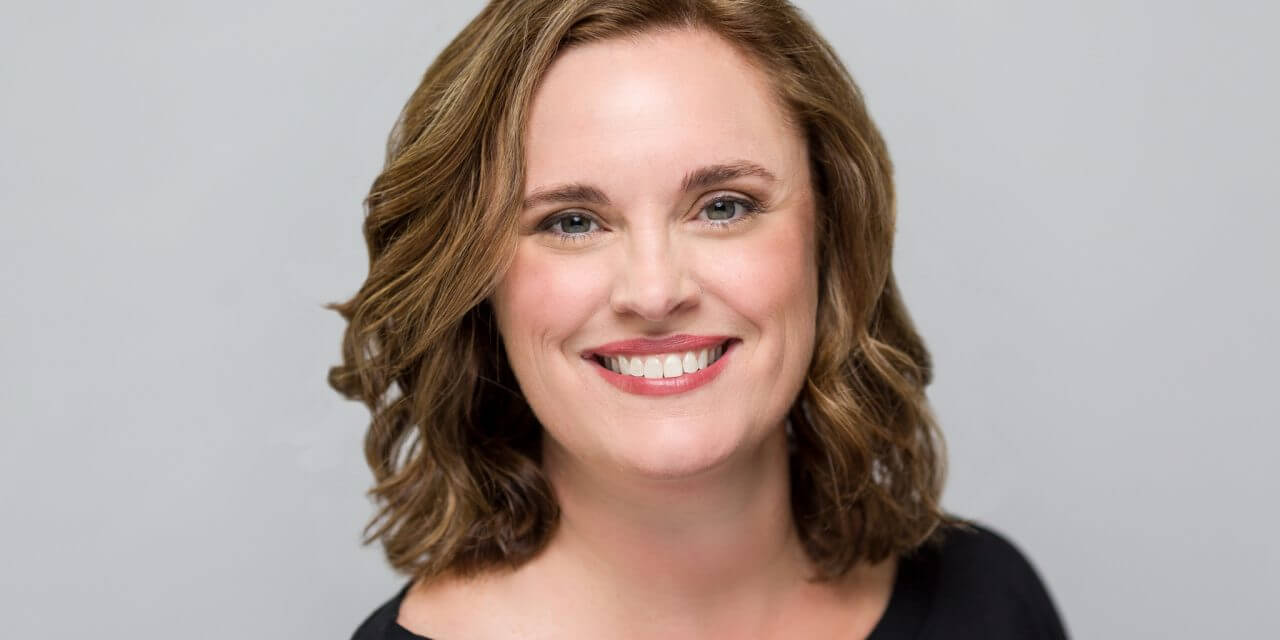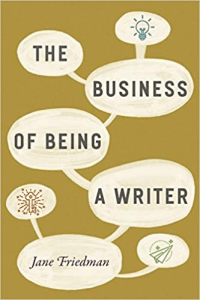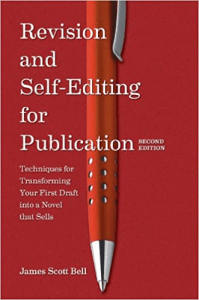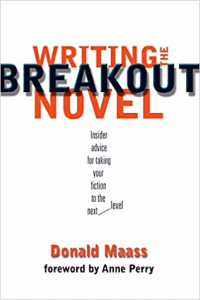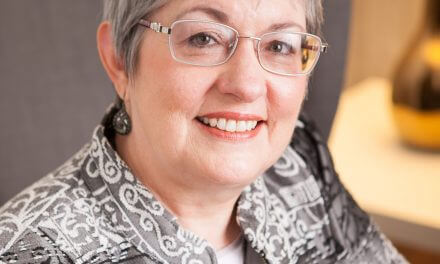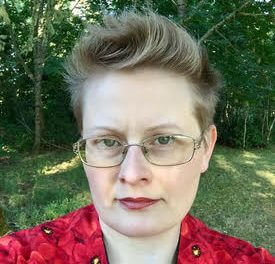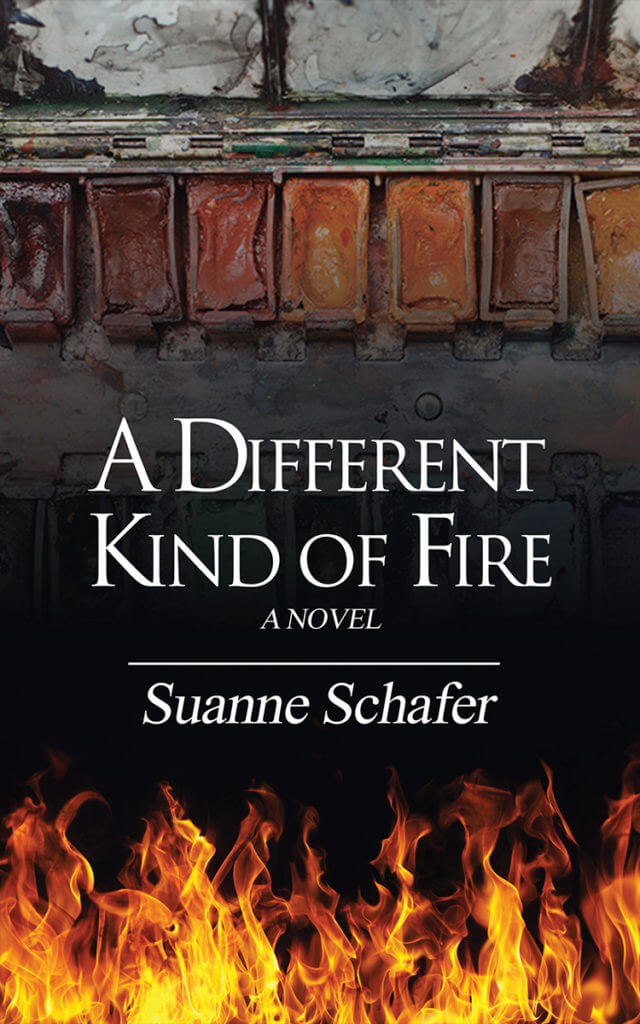I’m so pleased to chat with Mary Helen Sheriff today, the author of Boop and Eve’s Road Trip, which will be released by She Writes Press on October 6, 2020. She spent fourteen years in classrooms teaching elementary school, middle school, college, and professionals. During that time, she also had the pleasure of dabbling in writing for children, teenagers, and adults in a variety of forms including fiction, poetry, blogs, and nonfiction. She spent several summers immersed in an MFA program in children’s literature at Hollins University. Currently, she lives and writes in Richmond, Virginia, with her two kids, two cats, and husband.
SS: Welcome, are there any books on writing you find particularly useful and would recommend?
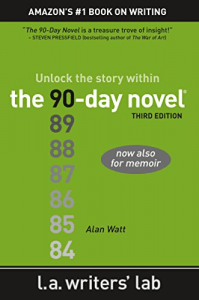
SS: Describe your books in 3 words:
MHS: Heartwarming dysfunctional family
SS: If you have children, does being a parent influence your writing? To what extent?
MHS: When I started writing Boop and Eve’s Road Trip, my children were four and six. At that time, two parenting philosophies were butting heads—helicopter parenting and free-range parenting. Helicopter parents saw their role as constructing a physically and emotionally sound world for their children. Free-range parents prioritized independence and the resilience and problem-solving skills that resulted. Like most issues, the debate forced a false dichotomy, but still I wanted to parent my children “correctly” and spent a great deal of time thinking about this issue.
Justine and Boop’s parenting styles manifested as extreme versions of both of these parenting philosophies gone wrong. Boop could be considered the ultimate free-range parent as she didn’t do much parenting at all. In her case, it wasn’t so much a philosophical parenting decision, but a mental health one. Justine grows up to resent her mother’s lack of support and to feel that she didn’t meet her potential as a result of the neglect. In a direct attempt to counter Boop’s failure, Justine becomes the ultimate helicopter parent. Unfortunately, when Eve goes to college she lacks the experience and confidence to face even the smallest setbacks.
SS: How did you make the decision regarding point(s) of view?
MHS: I originally wrote Boop and Eve’s Road Trip with an alternating first-person point of view. Then I went to the Algonkian Writing Retreat where several industry professionals told me that adult novels written in third-person sold better and as a debut novelist I’d have a better chance of getting an agent if my novel was in third-person.
Admittedly, my artistic self balked at changing the point-of-view of an entire novel for the sake of sales. However, my pragmatic self got my artist self to let me rewrite one chapter in third and see what happened. Whoa! The novel was so much better in third. The fact that it was originally in first-person made for a really close third person, which allowed me to tap into the best of both worlds. It was a ton of work to change the entire book, but having said that I’m halfway considering doing it that way on purpose in the future.
SS: Do your books carry a message? If so, what would you say it is?
MHS: Both Eve and Boop allow others to dictate their lives. This leads to depression. I hope that readers of Boop and Eve’s Road Trip feel inspired to follow their own hearts and dreams. Though this won’t necessarily lead to a “happy ending,” the alternative is almost certain failure.
SS: What works best for you: typewriters, computer, dictation, fountain pen, or longhand?
MHS: I begin writing a new scene longhand in freewriting mode. It usually takes me about twenty minutes with several restarts to find the moment I want to enter the scene. Once I find that and get going, I switch to the computer.
I’m intrigued by dictation and wonder if I could write faster that way, so I may experiment with that in the future.
SS: How do you give back to the writing community?
MHS: I volunteer with a local writing organization to increase their community engagement. I act as a beta reader for writer friends. I write reviews for Goodreads, Amazon, and Book Trib of books I like (if I don’t like it, I don’t write a review).
My “gift of story” blog gives book recommendations, literary care package suggestions, and hosts author interviews.
Finally, I work with three other authors to host the @bookish.road.trip Facebook group that is full of traveling bibliophiles. On Fridays, we invite authors to promote their work.
SS: I do many of the same things—I review book. I—obviously—interview authors. I also mentor through the Women’s Fiction Writers Association and other programs as well as independently. What kind of research did you think you had to do for your book? How much was actually needed?
MHS: The novel required some research, especially into fashion designing, since no one has ever complimented my fashion sense and fashion designing wasn’t an idea I’d ever entertained. My daughter, though, who was four at the time, was passionate about fashion design and wanted me to sew her designs. Given that I didn’t even know how to work a sewing machine, this was a big ask. I had wanted Eve to be a stifled artist, so making her an aspiring fashion designer seemed like the perfect way to merge my desire to support my daughter’s dreams and write my novel. I ended up taking a few sewing classes and watching Project Runway with her. It was fun.
I also made trips to Savannah and St. Augustine to better flesh out those locales.
The most fascinating research I did was into the institution that housed my Down Syndrome uncle. I was able to find parent newsletters in the Library of Virginia from the time period describing family carnivals and field trips. Then I drove out to the institution. It was in the process of closing but since it still housed a few patients my ability to tour it was limited. They did however have a museum, and I found the photographs and history immensely fascinating.
I don’t feel like I over-researched at all because I did most of the research after the first draft at which point I had a better idea of what sort of details I really needed.
SS: Do you ever incorporate something that happened in real life into your novels?
MHS: Absolutely, but I feel free to revise events to make them work for the story. For example, the character of Boop is loosely based on my grandmother “Hootie”. Like Boop, Hootie grew up in a small Virginia town, collected birdhouses, loved to garden, called her car The Gray Ghost, clipped recipes from Southern Living that she never cooked, and many other small idiosyncrasies. More importantly, without giving too much away, Boop and my grandmother made a decision that was culturally encouraged at the time but resulted in a lifetime of regret. However, Hootie didn’t get divorced from her husband, she had three daughters, not one, she never lived in Florida, she didn’t speak in a slew of crazy idioms, and, of course, this road trip never took place.
SS: Writing is undoubtedly a lonely occupation. John Green (The Fault in Our Stars ) says writing is a profession for introverts who want to tell you a story but don’t want to make eye contact while doing it. P. D. James (Cover Her Face) says it’s essential for writers to enjoy their own company. Do you see yourself along those lines? Are you a natural loner?
MHS: Nope. I think I’m an ambivert. I need doses of both alone time and people time. It’s actually the perfect spot to manage both the writing and the business sides of writing.
********************
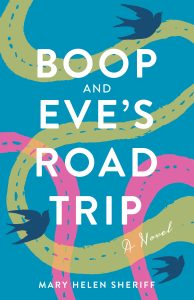
Amazon | B&N | Author website
********************
An excerpt from Boop and Eve’s Road Trip:
The last time Boop moved, she’d spent days haunting liquor stores. But since the ABC stores now recycle their sturdy boxes with the efficiency of a Yankee, her only reason to head to one was to stock up on bourbon for her weekly mint julep. She was all for recycling, but as her arthritic hands fumbled to build the boxes she’d purchased, she didn’t feel especially enthusiastic about environmental friendliness.
In a surge of frustration, Boop tugged on a flap a mite too hard, tearing it half off. She smacked the box, innocent victim of her withered hands and Justine’s bullying.
“Careful, Boop,” Justine tsked.
Boop glared at her dear daughter. Not for the first time, wishing fifty-eight wasn’t too old for a well-deserved licking and eighty wasn’t too old to dole one out. She’d have to make do with knocking the box around, so she popped it again for good measure.
Reckoning she was decades past the do-it-yourself stage, Boop had hired movers to pack and ship her belongings. However, when she’d let that detail slip to Justine—let’s just say, Justine has trust issues in general, and deep-rooted trust issues with movers specifically. On a practical level, Justine couldn’t insist on canceling the movers for the actual moving of boxes, but on the issue of packing, she held firm.
Justine, looking as though she’d just stepped out of a Vineyard Vines catalog, held up a neon orange flamingo birdhouse. It’d been a housewarming gift from her neighbor, Shirley, who, bless her heart, had a hole in her bag of marbles. Like Shirley herself, the birdhouse plucked Boop’s nerves. The house, nestled in the bird’s body, was perched atop one of the flamingo’s legs and toppled over every time the door opened. She’d had to glue it back on half a dozen times. Boop held onto the klutzy mis-colored flamingo though—a reminder that she’d once toppled over every time the door opened too. Wouldn’t do to forget where she came from.
“These birdhouses make you seem like a crazy old lady. Your condo’s more like a gardening store than a home.” Justine’s coiffed perfection underscored the flamingo’s ridiculousness.
“Honey, I am a crazy old lady. Don’t make no difference to me what people think.” Boop’s eyes swept her collection—all forty-three birdhouses. The one in the middle of her mantle was hands-down her favorite. Eve had built it in shop class back in middle school. Boop still imagined she caught a whiff of sawdust when she got right on up to it. She fancied the one next to it too. That was the one she’d picked up in Nashville three years before. It played “Take Me Home, Country Roads”—when she remembered to replace the batteries.
Thankfully, Justine let it go at that. Maybe she chalked up Boop’s strange fetish to the three pet birds she’d lost in as many months. Only it wasn’t the birds. None of them had lasted more than ten days; hardly enough time to get attached. No, it was the emptiness that Boop sought to fill, but Justine wouldn’t know about that. No one did.
********************
Mary can be found on social media here:
Website | Facebook | Instagram | Twitter | Pinterest | LinkedIn
********************
This post contains Amazon Affiliate links.
